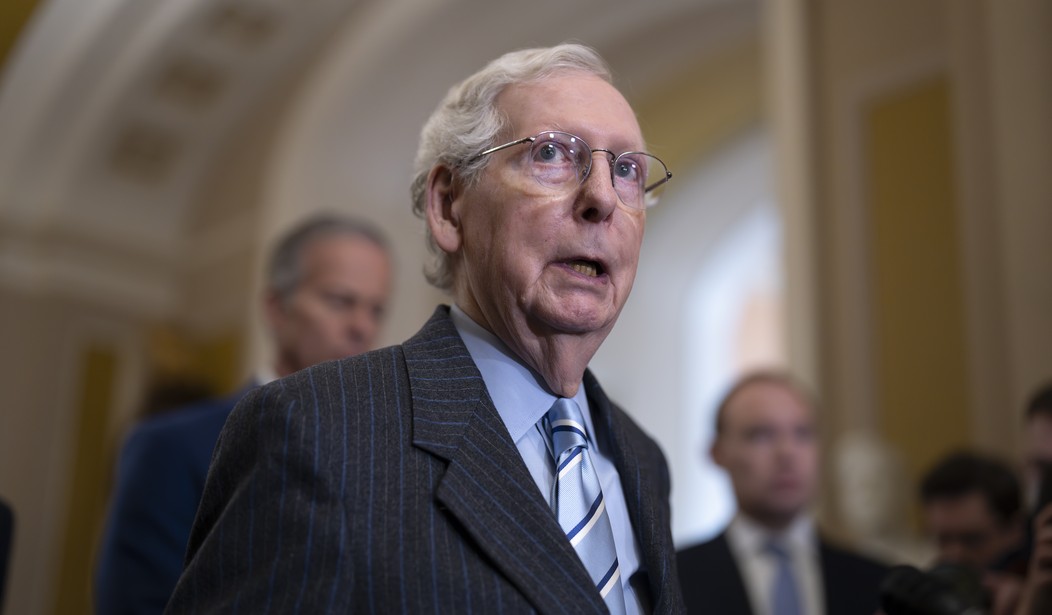In recent weeks, Sen. Mitch McConnell has voted against three of Trump’s nominees: Health and Human Services Secretary Robert F. Kennedy Jr., Director of National Intelligence Tulsi Gabbard, and Defense Secretary Pete Hegseth. Some see these votes as a blatant act of betrayal — which they were — but they also highlight his dwindling influence over Senate Republicans.
With the exception of the confirmation vote for Hegseth, where Republican Sens. Murkowski and Collins also voted against him, McConnell stood alone as the sole Republican to oppose Gabbard and Kennedy. All three of these nominations were seen as “controversial” and at times potentially likely to fall short. But in each case, enough Republican holdouts ultimately supported their nominations to assure confirmation.
Trump promptly blasted McConnell for his votes.
“I feel sorry for Mitch,” Trump said during a press conference in the Oval Office Thursday. “He wanted to stay leader, but he wasn’t equipped mentally. He wasn’t equipped ten years ago, mentally.”
According to Trump, McConnell has also served as a drag on the Republican Party. “If I didn’t come along, the Republican Party wouldn’t even exist right now,” he said.
Related: Trump's Most Epic Trolling Yet Is Hanging Outside the Oval Office
He also attributed McConnell’s ability to maintain power to his fundraising skills. “He had an ability to raise money because of his position as leader, which anybody could do. You could do it, even, and that’s saying a lot.”
After Kennedy was confirmed, McConnell released a statement where he sounded more like a Democrat than a Republican.
“In my lifetime, I’ve watched vaccines save millions of lives from devastating diseases across America and around the world," McConnell said. "I will not condone the re-litigation of proven cures, and neither will millions of Americans who credit their survival and quality of life to scientific miracles."
Kennedy made it clear during his confirmation hearings that he’s not anti-vaccine, as many have suggested. “I believe that vaccines play a critical role in health care,” Kennedy said.
Perhaps the most acute observation Trump made in response to McConnell’s vote was when he said that McConnell wasn’t voting “against Bobby; he’s voting against me.”
I think Trump is right, and that tells us that despite McConnell’s ability to fundraise, it’s Trump who wields the most influence over the Senate GOP today.
This means that McConnell now faces a precarious political situation. His once-commanding influence is significantly diminished compared to the past. Sure, he retains some power as the chairman of the Senate Appropriations Subcommittee on Defense, but it is hardly the same level of sway he once wielded as Senate Majority Leader.
On top of that, his recent health challenges — including bizarre freeze-up moments and falls that have now forced him into a wheelchair — raise questions about his ability to maintain any semblance of authority over the Republican caucus.
NBC News analysts echoed this perspective, noting the diminishing power McConnell now possesses. As he approaches what many believe could be his inevitable retirement, he seems liberated from the burdens of leadership constraints yet paradoxically isolated as the party shifts under Trump’s MAGA banner.
“After 40 years of being a bully in the Senate, McConnell’s final legacy is blocking Trump, confirming Biden, and freezing up when it matters,” a senior House aide told Breitbart News.










